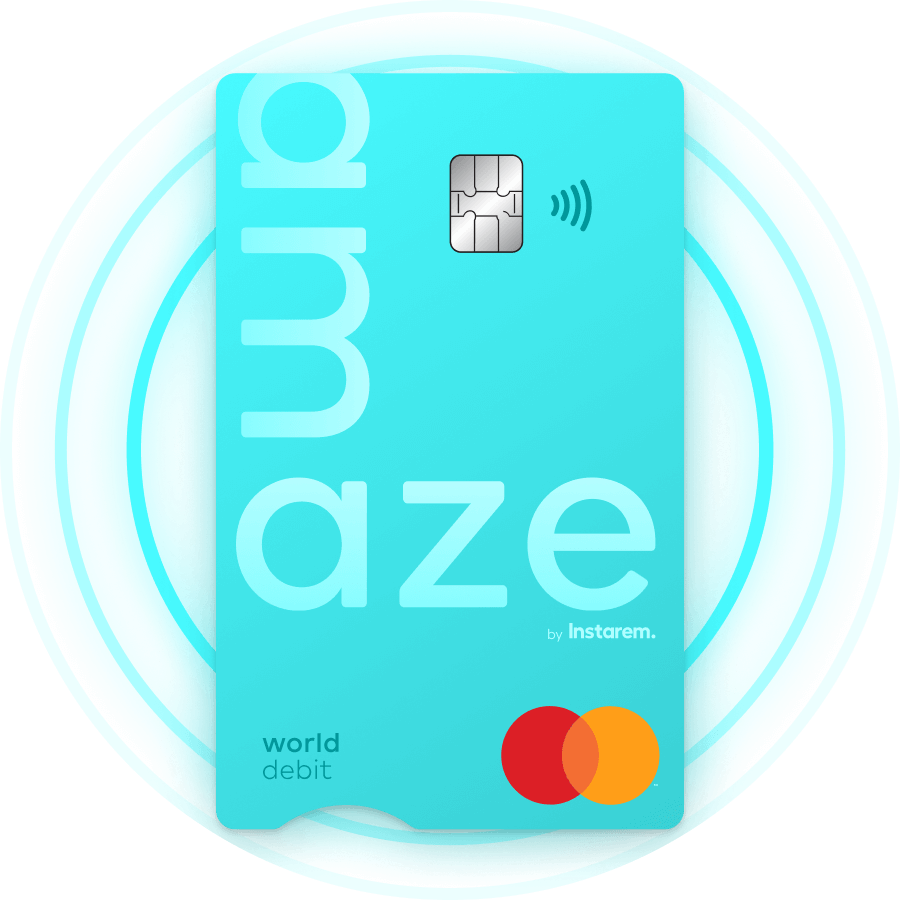Heading to China? Get these 10 apps for a hassle-free trip!

This article covers:
If you’ve been hooked on Chinese dramas, you’ve seen how their smartphones are practically glued to their hands. From payments to finding restaurants or getting a ride, your phone is your best friend in China.
But heads up: the app scene in China is a whole different ball game compared to the rest of the world. So, if you’re planning a trip to China, here are some apps you must download ahead of your trip.
Let’s get started.
Summary of Chinese apps to download
Category | Your local app | Chinese app equivalent |
Navigation | Google Maps, Apple Maps | Amap |
Ride hailing | Uber, Grab, GoJek | DiDi, Amap |
Chat | WhatsApp, Line, Kakao, Telegram | |
Payment | Google Pay, Apple Pay | WeChat, Alipay |
Food review | Burpple, Yelp | Dianping |
Food delivery | UberFood, GrabFood, Deliveroo | Meituan |
Short term rental | AirBnB | Tujia |
Hotels | Booking.com, Trivago, Agoda | Qunar |
Translation | Google Translate | Baidu Translate |
Amap
App equivalent: Google Maps, Apple Maps
Other China map app option: Baidu maps
Here are some common questions about navigation apps in China:
“What map to use in China? Can I use Google Maps in China?”
Technically, you can use Google Maps, but it’s not the best China map app.
“So, what’s the best map app in China?” It’s 高德地图, known in English as Amap.
Amap is a top-notch mobile digital China map app with navigation, and real-time traffic app in China. It powers major mobile apps across various industries, including local services, ride-hailing, and social networking. It also provides digital map data, navigation software, and real-time traffic info to car manufacturers and aftermarket consumers, and it supports major platforms in Alibaba Group’s ecosystem.
What’s awesome about this navigation map in China is that it’s not just for the lost sheep. You can also hail rides with it. Plus, it links with Alipay, so you can sit back, relax, and enjoy your ride or walk.
Alipay
App equivalent: Google Pay, Apple Pay
Heard the rumors? Mastercard and VISA are practically myths in China. You’ll need a local WeChat Pay or Alipay account. So, your best bet is Alipay.
Alipay is a third-party mobile and online payment platform, launched in Hangzhou, China, in February 2004 by Alibaba Group and its founder, Jack Ma.
And guess what? You don’t have to be a local to use Alipay. Just set it up and link it to your credit card. Once you’re ready, scan the QR code and start paying for all your China trip expenses with ease.
DiDi
App equivalent: Uber, Grab, GoJek
Other China ride hailing app option: Amap
One great thing about ride-hailing apps is you can get to your destination without pulling out Google Translate, flagging a cab, and trying to tell the driver where you want to go. It’s a real anxiety-saver! But if you’re navigating around China, Uber or Grab won’t cut it.
So, what’s the next best ride-hailing app in China? Try DiDi.
DiDi is your go-to mobility tech platform for zipping around China effortlessly. With the DiDi app, you can snag a ride with just a tap. It boasts an English interface, 24/7 in-app English customer service, and it’s available in over 400 cities across China.
But before you get too excited, make sure you download the correct DiDi app. There’s one specifically for China and another for New Zealand and Australia. Download the wrong one, and it won’t work!
App equivalent: WhatsApp, Line, Kakao, Telegram
You probably only use WeChat to chat when you’re snagging goodies from Taobao, but guess what? It’s actually the hottest messaging app in China!
WeChat, or Weixin in Chinese, isn’t just an instant messaging app. Developed by Tencent and launched in 2011, it’s a powerhouse that became the world’s largest standalone mobile app in 2018, boasting over 1 billion monthly active users.
So, you might be thinking, why do I need a messaging app?
Well, at the very least, install and set it up! You can use it to chat with your hotel staff, make restaurant reservations, or handle any other local communications. It’s the go-to messaging app for most people in China.
But hold on, WeChat is more than just a messaging tool. You can also use its WeChat Pay function, similar to Alipay. Just a heads-up: for payments, you’ll need a local Chinese phone number for verification.
And hey, if all else fails, you’ve still got Alipay or good old cash to rescue you from any payment hiccups.
Dianping
App equivalent: Burpple, Yelp
Other China food review app: Meituan
Foodie friends can be a blast, but let’s be honest, they can also be a bit of a headache, especially when their food expectations skyrocket abroad. With limited calories to consume each day, you’ve got to make every bite count with the best eats a foreign country has to offer.
What’s the best way to sift through your options? Food reviews, of course!
To find the top Chinese eats, you need to download the ultimate China food review app—Dianping.
Its full name is Da Zhong Dian Ping, which translates to “Public Reviews.”
But it’s more than just ratings. This app serves up brand introductions, store pictures, discounts, user reviews, and all the juicy details you need. Plus, you can even make reservations!
And if you think it’s just limited to food reviews, you’re in for a surprise. Dianping covers hair salons, health, pets, hotels, and more.
Oh, and it’s related to Meituan, which we’ll dive into next for food delivery.
Meituan
App equivalent: UberEats, Deliveroo, JustEats
Feeling tired of touring China? Want to stay cosy in your hotel but still crave a taste of the local food? Time to order some UberEats or GrabFood, right? Well, not in China! Your best option is Meituan.
Meituan literally means “beautiful group.”
Their mission is to help everyone eat better and live better by providing a beautiful selection of restaurants and reviews.
Meituan is the big cheese of on-demand delivery services in China, making the most revenue! While its app is famous for food delivery, it’s a one-stop-shop offering everything from shopping and film tickets to hotel bookings, travel deals, restaurant reviews, group discounts, and even bicycle rentals. By 2022, they had an army of 6.24 million delivery riders and over 9.3 million merchants.
So, one thing you won’t have to worry about is finding a rider for your food delivery.
Tujia
App equivalent: Airbnb
Not everyone loves hotels. Some of us crave that homey vibe, like living in a different city but still having a cosy home to return to.
Sounds like Airbnb, right? Well, the Airbnb equivalent in China is Tujia.
Tujia has an interesting name. “Tu” means way, and “Jia” means home. Put together, it literally means “on your way home.”
Tujia, the world’s leading short-term lodging rental platform, burst onto the scene on December 1, 2011. They’re all about offering customers a top-notch, personalised travel experience while creating a high-income and safe sharing space for landlords.
With customer portals like Tujia, Mayi, Ctrip Homestay, Qunar Homestay, and Fishtrip, Tujia offers smooth operations and thoughtful service to both landlords and tenants. Thanks to the “Tujia Housekeeper” feature, landlords can list their accommodations for free, make easy profits, and connect with travellers from around the globe.
Unlike Airbnb, Tujia doesn’t allow individual property owners to post listings directly. Instead, owners need to go through property agents and managers first. So, you can rest assured that you won’t end up with a homeowner skipping out on you when you arrive in China.
Qunar
App equivalent: Booking.com, Trivago, Agoda
Other China app options: Ctrip, Feizhu
Let’s dive into team hotels! If you’re all about enjoying a plush hotel in a prime location, we’ve got just the app for you.
Introducing Qunar. And no, it’s not pronounced “Kyuner”. It’s actually “Qù nǎ’er”, which means “Go where”.
This app is designed to whisk you away to your dream destinations.
Qunar has quite the history—it launched back in May 2005 as China’s first travel search engine. Imagine, Chinese travellers could finally compare prices and features for domestic flights and hotels, all in one place!
But hey, Qunar isn’t your only ticket. You’ve also got options like Ctrip and 飞猪 Feizhu. It all boils down to how much you love a good deal. Psst… word on the street is, Qunar often serves up the sweetest hotel bargains!
Baidu Translate
App equivalent: Google Translate
Let’s talk about Baidu, the party animal of internet search and online marketing solutions. They’ve got the Baidu App and Baidu Search—the essential apps for navigating the web in China.
The name ‘Baidu’ is inspired by a line from Xin Qiji’s poem ‘Qingyu Case: New Year’s Eve’ during the Southern Song Dynasty: ‘When I searched for him thousands of times in the crowd, suddenly looking back, that person was there, in a dimly lit place.'”
Basically, it’s China’s go-to search engine with translation superpowers.
We’re not saying Google Translate doesn’t cut it in China. It’s just not as awesome at handling Chinese languages overall. For a slicker experience, you might want to give Baidu Translate a whirl.
Handy apps to check out (if you’ve got some Chinese skills)
If you aced your Chinese class, it’s time to show off those skills! What better way than diving into some local content? These apps are packed with community-contributed gems, giving you an insider’s view. Planning an off-the-beaten-path adventure in China? These two apps are the perfect starting point.
Zhihu
App equivalent: Quora, Reddit
If you’re curious about what’s trending or just want to dive into what Chinese communities are buzzing about, besides Weibo, there’s another gem: Zhihu.
Zhihu means “Do you know?”
Zhihu is a top-notch online content community where folks come to find answers, make choices, get inspired, and have a blast. Since its launch in 2010, it’s grown into one of the leading online content hubs and the largest Q&A-driven platform in China.
Think of it as the Chinese version of Reddit or Quora. So if you’re itching to see what everyone’s discussing, hop onto Zhihu and take a peek!
Xiaohongshu
App equivalent: Instagram
Xiaohongshu, literally translating to “little red book,” is also known as RED. It’s a social media and e-commerce platform that’s been dubbed “China’s answer to Instagram” and sometimes called the “Chinese Instagram.”
On Xiaohongshu, users share lifestyle content, shopping experiences, reviews, and recommendations through photos, videos, live streams, and more.
So, if you’re after local insights rather than touristy tips, Xiaohongshu is a great place to start!
Before you go…
Planning a trip to China? Don’t forget to sign up for amaze!
With amaze card, by Instarem, you get to save while you travel with fantastic foreign exchange rates and rewards on all your overseas spending.

Once you’re set up, just follow these easy steps: link your bank credit or debit card to amaze, then add your amaze to Alipay.
Enjoy even better rates when you pay via Alipay using amaze.
Sign up via the Instarem app and start using amaze instantly! It’s totally free.
Disclaimer: This article is intended for informational purposes only. All details are accurate at the time of publishing. Instarem has no affiliation or relationship with products or vendors mentioned.



























